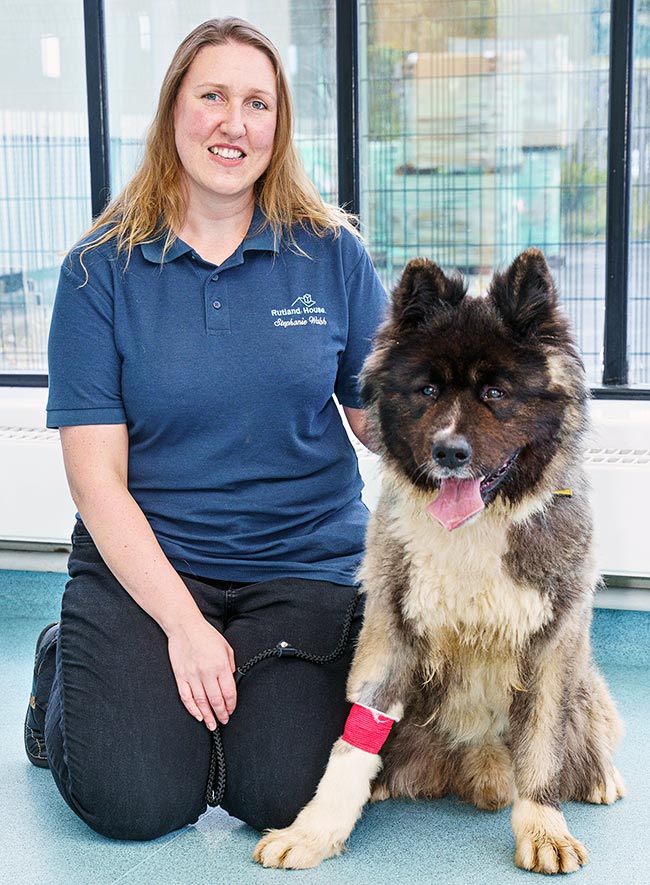9 Nov 2020
UK vets are three to four times more likely to die by suicide than the general population, according to Vetlife.


A vet who dedicates her time to supporting the mental health of colleagues is rallying for more research into why the veterinary profession is at greater risk of suicide and self-harm than the rest of the population.
Steph Walsh – first opinion head vet at Rutland House Veterinary Hospital in St Helens, who co-chairs the VetPartners Wellbeing Group – has issued the call to action following research she carried out while studying for a Masters on Workplace Health and Wellbeing, which she completed with a distinction.
According to the charity Vetlife, UK vets are three to four times more likely than the general population to die by suicide – a statistic which formed the basis of Dr Walsh’s research project into suicide behaviour and self-harm among UK vets.
Dr Walsh said: “I think doing the research project identified for me the need for more research into why the veterinary profession has higher rates of suicide ideation than the rest of the population.
“There are multiple factors why the veterinary profession is at an increased risk. It has been suggested people who go into the veterinary profession have personality traits that are predisposed to an increased risk of mental health and suicide ideation.”
She continued: “Some of it is related to work-related stress and increasing evidence of unrealistic client expectations; and because we accept euthanasia of animals, that may also give us a different view of death and potentially suicide.
“Doing the masters has shown me vets are not alone and other professions are struggling with their mental health as well. There has been a lot more research into suicide behaviour of doctors, for example, and we can learn a lot by looking at them, too.”
VetPartners funded Dr Walsh’s studies – which included modules on sickness absence, work-related stress, promotion of workplace health and well-being, and contemporary issues in the workplace – culminating in Dr Walsh’s research project.
Dr Walsh added: “Doing the masters highlighted how important it is to talk about well-being and be aware of the issues to reduce the stigma around mental health.
“As a group, we want to be open to talking about mental health and educating everyone about the signs to look out for in themselves and their colleagues. If people have concerns, we need to ensure they know where to go for help.
“VetPartners supported me and funded the course, which is a great acknowledgement of the importance it places on health and well-being matters and wants to invest in this whole area.”